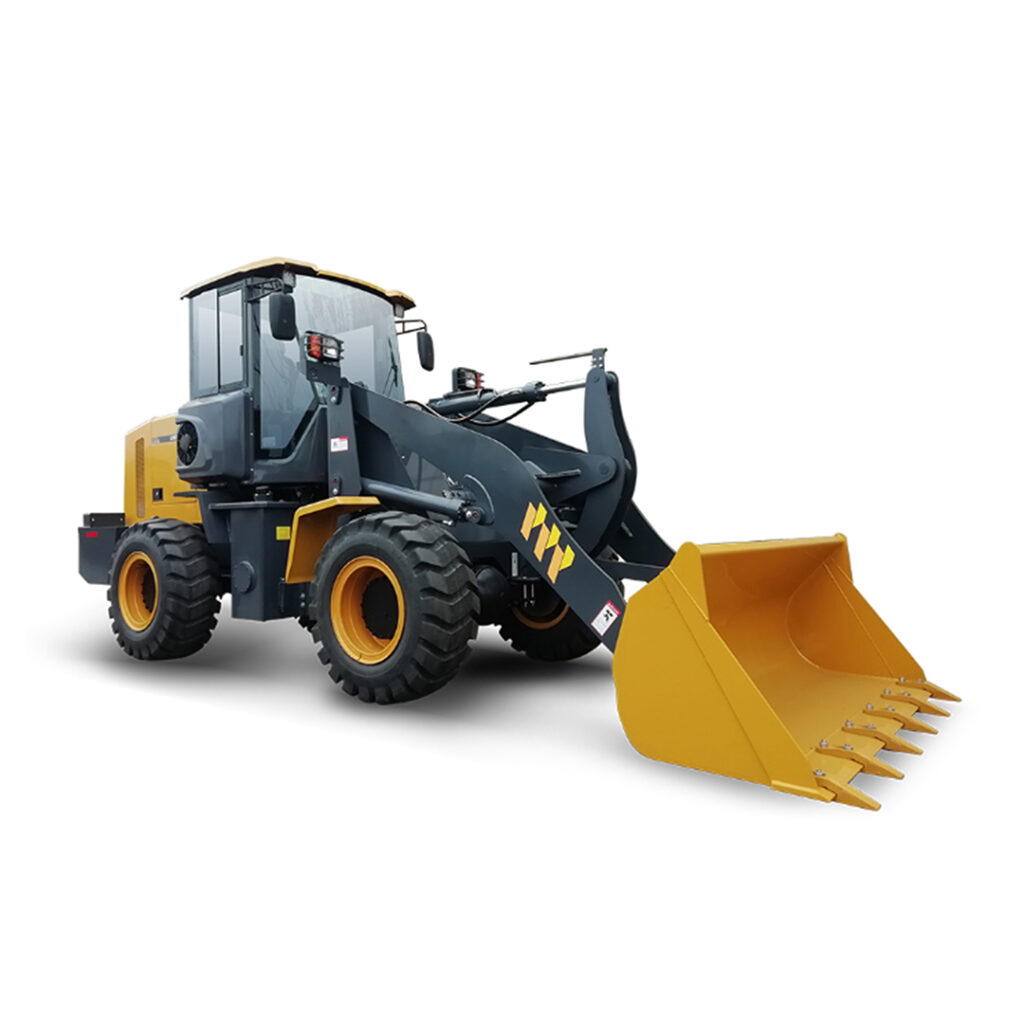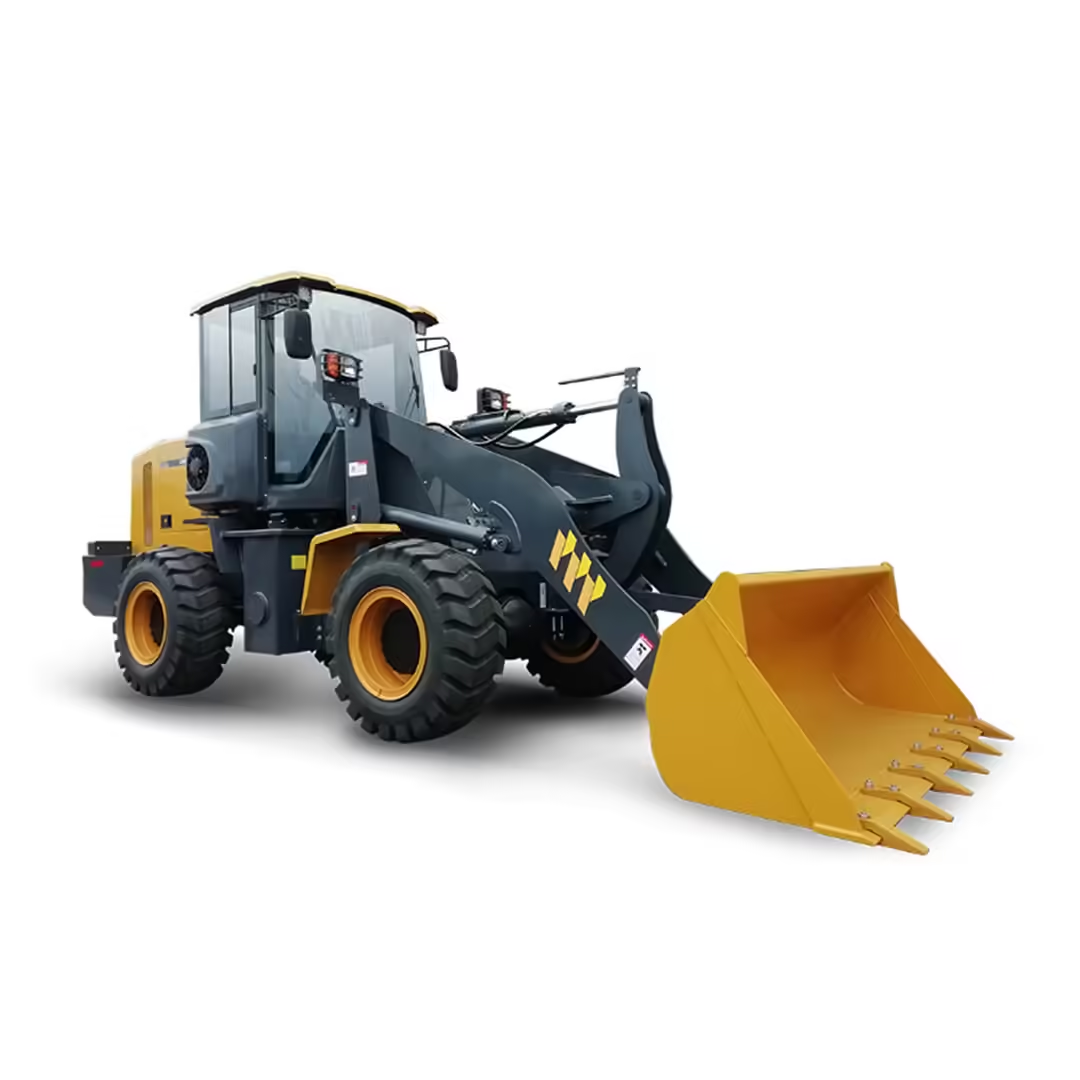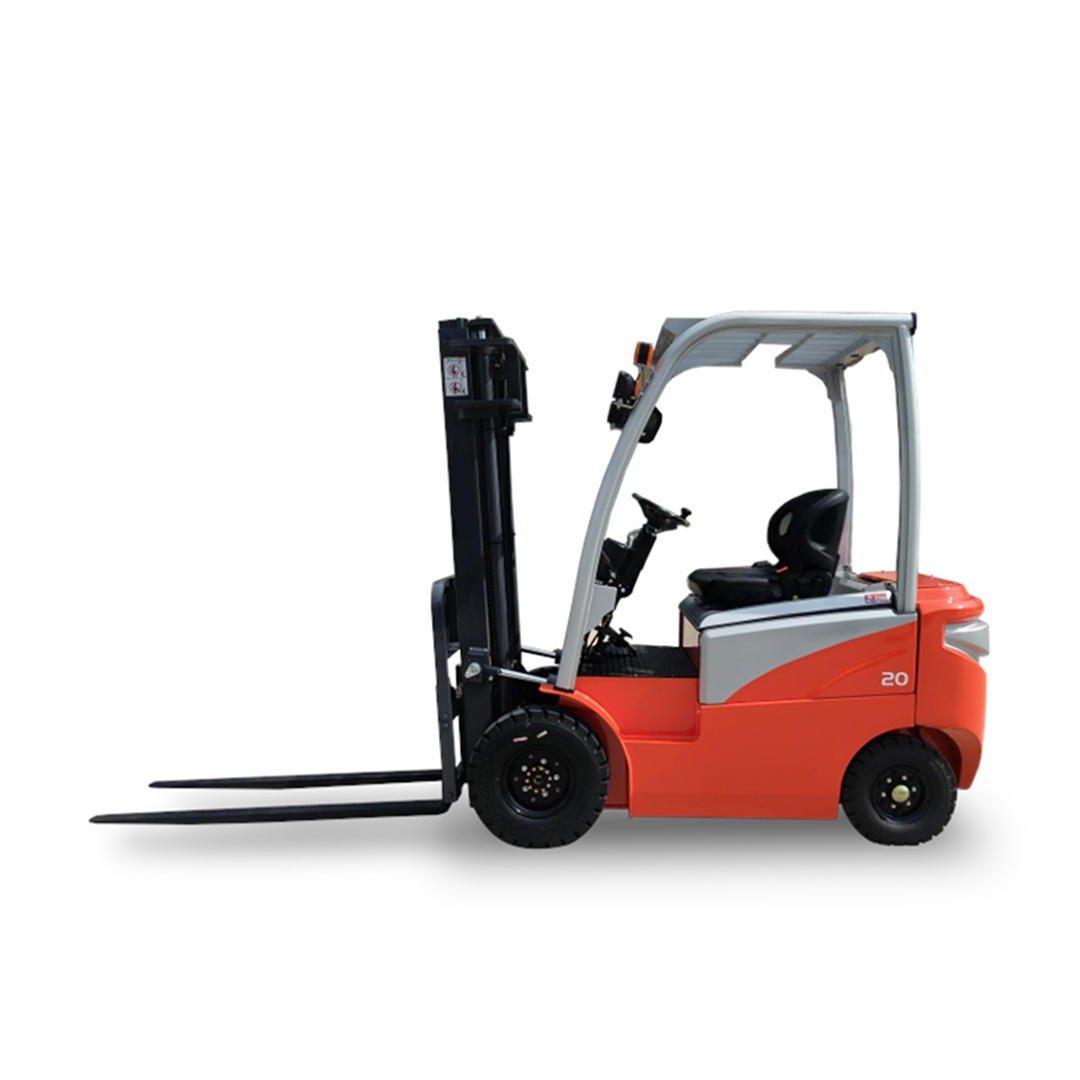The Backbone of Efficient Data Handling in the Digital Age
In the fast-paced digital landscape, where data is the new gold, handling and processing large volumes of data efficiently has become a critical aspect of various industries. One essential tool that plays a pivotal role in this regard is the Loader. This blog post will explore what Loaders are, their key features, benefits, and applications, highlighting why they are an indispensable asset in the world of data management.
Understanding Loaders
A Loader, in the context of data processing, is a software component or a tool that is designed to load data from various sources into a target system, such as a database, a data warehouse, or a data lake. It acts as a bridge between the data source and the destination, ensuring that the data is transferred accurately, efficiently, and securely. Loaders can handle different types of data formats, including structured, semi-structured, and unstructured data.
Key Features of Loaders
1. Multiple Data Source Compatibility
One of the most significant features of Loaders is their ability to connect to a wide range of data sources. Whether it’s a traditional relational database like MySQL or Oracle, a cloud-based storage service like Amazon S3, or various file formats such as CSV, JSON, or XML, Loaders can seamlessly integrate with these sources and extract the necessary data. This flexibility allows organizations to gather data from multiple sources and consolidate it into a single, unified view.
2. Data Transformation and Validation
Loaders don’t just simply transfer data from one place to another; they also offer the ability to transform and validate the data during the loading process. This includes tasks such as data cleansing, formatting conversion, data enrichment, and error checking. By performing these operations, Loaders ensure that the data being loaded is accurate, consistent, and of high quality. For example, a Loader can automatically convert date formats, remove duplicate records, or fill in missing values before inserting the data into the target system.
3. High-Performance Loading Capabilities
To handle large volumes of data in a timely manner, Loaders are designed with high-performance loading mechanisms. They can process data in parallel, leveraging multi-core processors and distributed computing techniques to speed up the loading process. Additionally, Loaders often support batch loading, where data is processed and inserted in chunks, reducing the overhead associated with individual record insertions. This results in faster data loading times and improved overall efficiency.
4. Robust Error Handling and Logging
In any data processing scenario, errors are bound to occur. Loaders are equipped with robust error handling mechanisms that can detect and handle errors gracefully. They provide detailed error messages and logs, allowing users to quickly identify and troubleshoot issues. This transparency is crucial for maintaining data integrity and ensuring the reliability of the data loading process. Additionally, some Loaders offer the ability to retry failed operations automatically, further enhancing the data loading process.
Benefits of Using Loaders
1. Improved Data Integration
Loaders enable seamless integration of data from diverse sources, breaking down data silos and providing a unified view of the organization’s data. This integrated data can then be used for various analytics and decision-making purposes, leading to better insights and improved business outcomes.
2. Enhanced Data Quality
By performing data transformation and validation during the loading process, Loaders help ensure the accuracy and consistency of the data. This is essential for building reliable data models and running accurate business analytics. High-quality data also leads to better decision-making and reduced risks.
3. Increased Productivity
Loaders automate the data loading process, eliminating the need for manual data entry and reducing the time and effort required to move data between systems. This automation not only saves time but also reduces the likelihood of human errors, increasing overall productivity.
4. Scalability
As data volumes continue to grow, Loaders can scale to handle larger datasets and increased processing requirements. Whether it’s adding more nodes to a distributed system or leveraging cloud-based resources, Loaders can adapt to the changing data landscape and meet the growing demands of the organization.
Applications of Loaders
1. Data Warehousing
In a data warehousing environment, Loaders are used to extract data from operational systems, transform it into a suitable format, and load it into the data warehouse. This allows organizations to perform complex queries and analyses on historical data, providing valuable insights for business planning and decision-making.
2. E-Commerce
In the e-commerce industry, Loaders play a crucial role in handling large volumes of customer data, product information, and transaction records. They can integrate data from various sources such as websites, mobile apps, and payment gateways to provide a seamless shopping experience and support business analytics.
3. Big Data Analytics
With the emergence of Big Data, Loaders are essential for ingesting and processing vast amounts of data from diverse sources, such as social media, IoT devices, and sensor networks. They enable organizations to extract meaningful insights from this data and drive innovation and competitive advantage.
4. Master Data Management
Loaders are also used in Master Data Management (MDM) initiatives to ensure the consistency and accuracy of critical business data such as customer, product, and supplier information. They can clean and deduplicate master data from multiple sources, creating a single source of truth for the organization.
Conclusion
Loaders have become an indispensable part of modern data management. Their ability to integrate data from various sources, perform data transformation and validation, and handle large volumes of data efficiently makes them a valuable asset for organizations of all sizes. As the volume and complexity of data continue to grow, Loaders will continue to evolve and play a crucial role in enabling organizations to derive value from their data assets. Whether it’s in data warehousing, e-commerce, Big Data analytics, or MDM, Loaders are the backbone of efficient data handling in the digital age.




